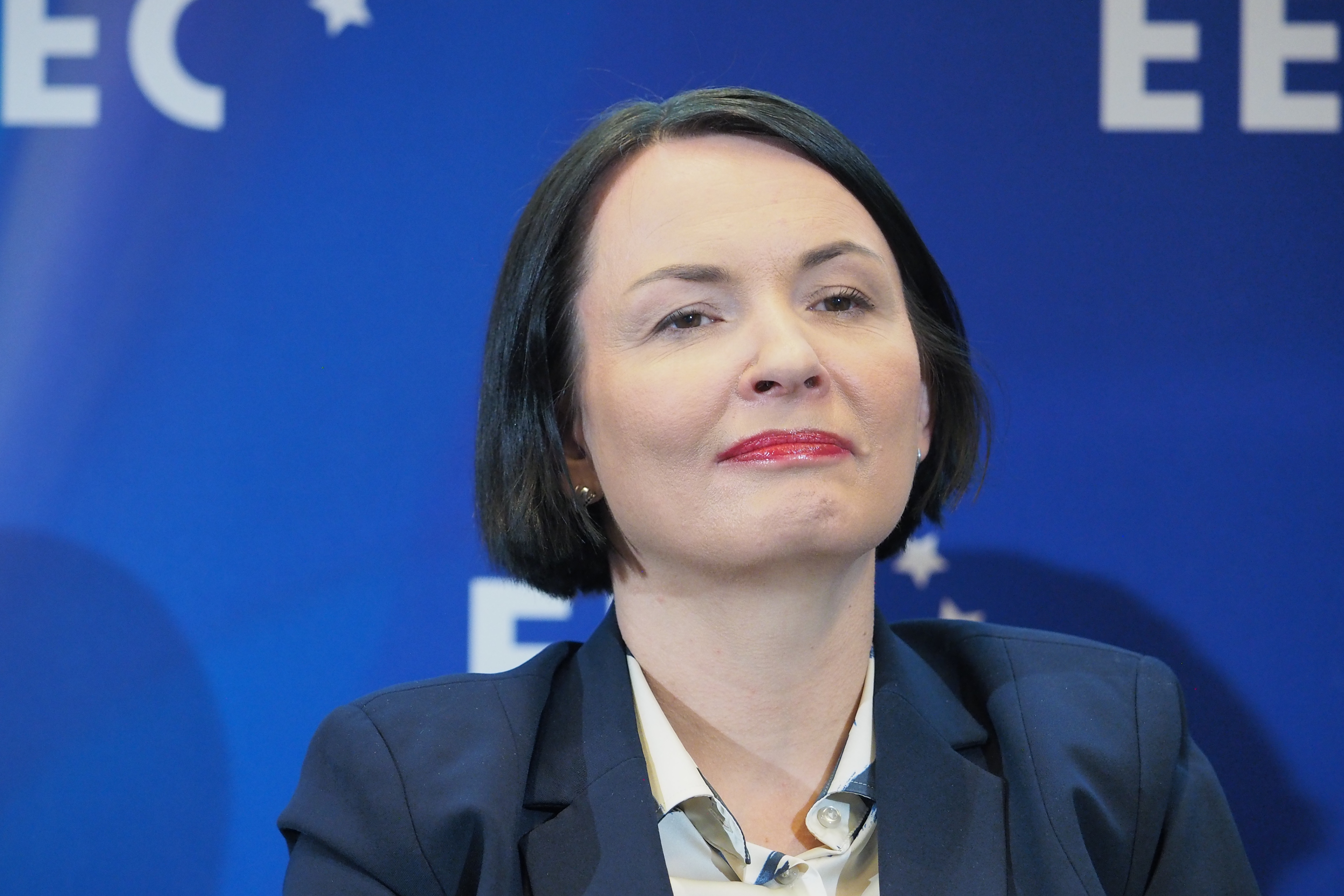Water management reforms are operations on a living organism. "The patient must survive them"

- Population growth, urbanization, environmental pollution and climate change have a huge impact on the quantity and quality of water resources.
- Poland is struggling with this to an increasing extent, which has an impact on people's safety and the economy, including the municipal economy.
- There are many examples of challenges in this area. They were discussed by participants in the session devoted to water resources during the 17th European Economic Congress in Katowice.
The flood that occurred in September 2024 in southern Poland once again drew public attention to water management. However, this should be reformed permanently, not under the influence of crises.
- It (the flood - editor's note) has become a gamechanger, although it should not be so - admitted Mateusz Balcerowicz, deputy president for flood and drought protection at the State Water Management Authority Wody Polskie.
Water management should have its goals and multi-annual financing, which allows us to achieve these goals, whether it concerns water quantity or water quality. But in practice, it is so that crises, such as last year's situation, the ecological crisis on the Oder or earlier floods, make us return to water topics, because they are of general interest to society, but also to all administrative bodies
- argued Mateusz Balcerowicz.
Balcerowicz assured that reviews of water management plans left by previous governments are ongoing.
- Updates to these documents are ongoing. In accordance with European requirements, documents related to water quality, flood risk management or the drought effects counteracting plan have a six-year update system and we refer to this system. We have also reviewed the remaining solutions to rationalize them - he said.
He admitted that after last year's flood, additional work began on flood risk reduction programmes in the catchment areas affected by it.
- They are of course based on flood risk management plans, but they take into account the fact that the threat occurred and that in most catchment areas it was a so-called 200- or 500-year flood, not a 1 percent (100-year - editor's note) flood, for which, as a rule, hydrotechnical solutions are designed - he noted.
Balcerowicz also referred to the February report of the European Commission, which showed that Poland was significantly below the EU average in terms of surface water quality. In the EU, on average 40% of surface waters achieve good ecological status, and 27% - good chemical status, in Poland these are 8.4 and 25% respectively. In his opinion, such an assessment results from a restrictive assessment system that is being expanded with new indicators, as well as a methodological error in comparing data.

He admitted, however, that there is no shortage of challenges:
We must take action in the field of water and sewage management, we must take action in the field of limiting the impact of nutrients from agriculture on the state of water. We must take action related to the morphological continuity of streams.
- I was really counting on the prime minister's 2023 exposé to be such a gamechanger. There, words were actually said that water resources are the most important, most strategic resources in Poland. I don't really see anything changing in the approach - said Monika Matak , head of the social policy team in Żywiec Zdrój.
According to her, the problem is that "water is invisible."
As long as we have it in the tap, it's okay, no one wonders where it comes from, what its quality is, what's happening to it, whether it will be there or not, in what perspective. Water still has unfortunately very negative associations, because either there is too much of it, which means we have a flood, or there is too little of it, which means we have a drought. I hope that we will not wait for more gamechangers, but will finally move on to some integrated and joint action to protect resources.
- analyzed Monika Matak.
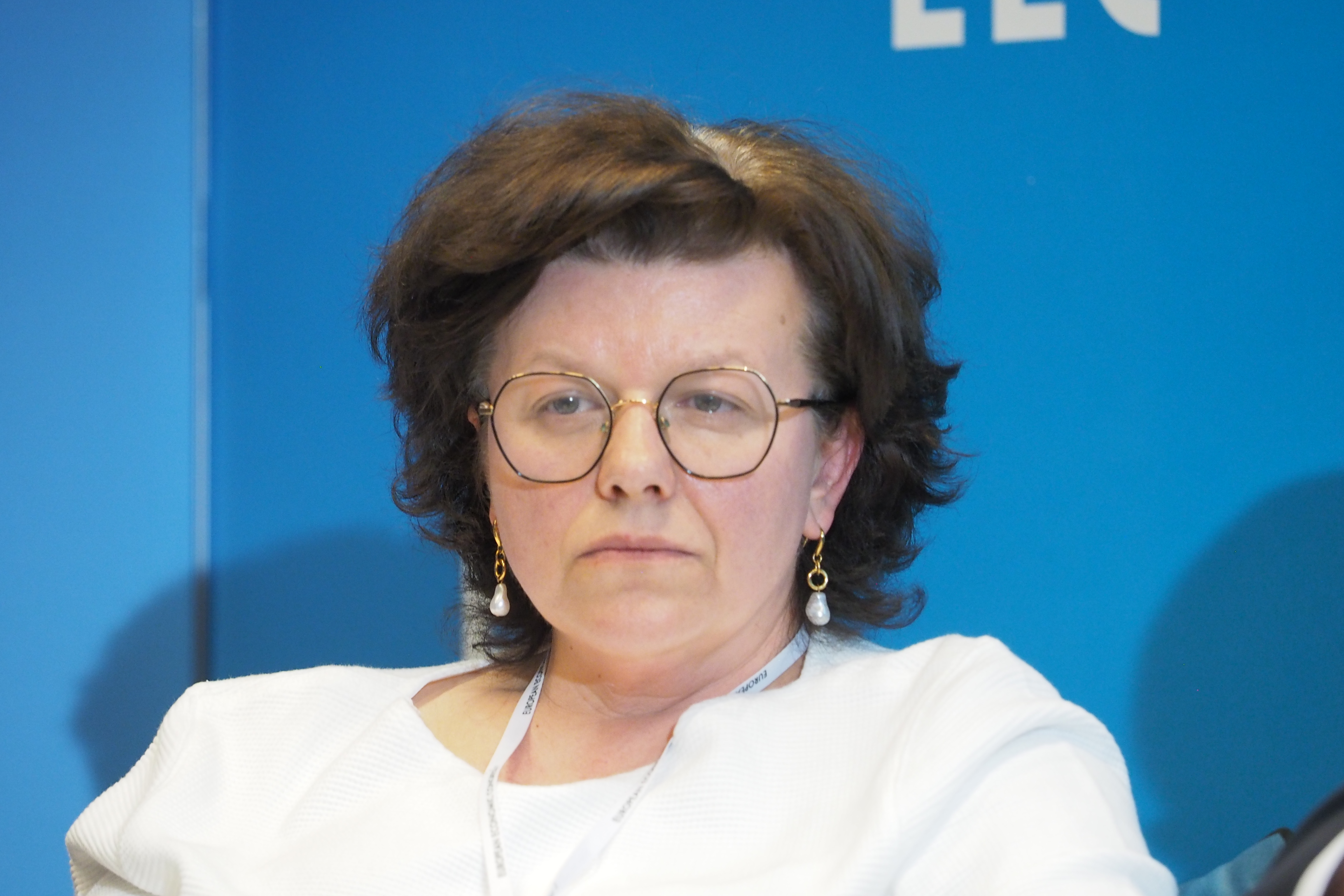
Monika Matak added that the location of the production plants forces the company she represents to think much more broadly about water resources and the use of water in production processes than just on their premises.
- Where we have factories, we look at entire catchments from a natural and social perspective. We try to participate in these issues because we believe that for there to be water somewhere at the end of this process, i.e. for business, it must be available in nature and, above all, available to local communities - she argued.
Reforms in water management are "surgery on a living organism". It is important that the patient survivesMaciej Thorz , Deputy Director of the Department of Water Management (DGW) at the Ministry of Infrastructure said:
The flood meant that instead of reforms concerning water management, we had to focus for a longer period of time on the current situation resulting from the threat. We still have not got out of the way and we still feel the effects of this flood. Embankments, hydrotechnical devices must be rebuilt, modernized, repaired, so that another such event does not pose a threat to the population.
He admitted that the reforms are difficult to implement because we are dealing with an operation on a living organism, where "a number of operations have already been performed and this living organism is not in such good condition or was not in such good condition before these reforms" and the reform must be carried out in such a way that the patient "is efficient and has the ability to function" after it.
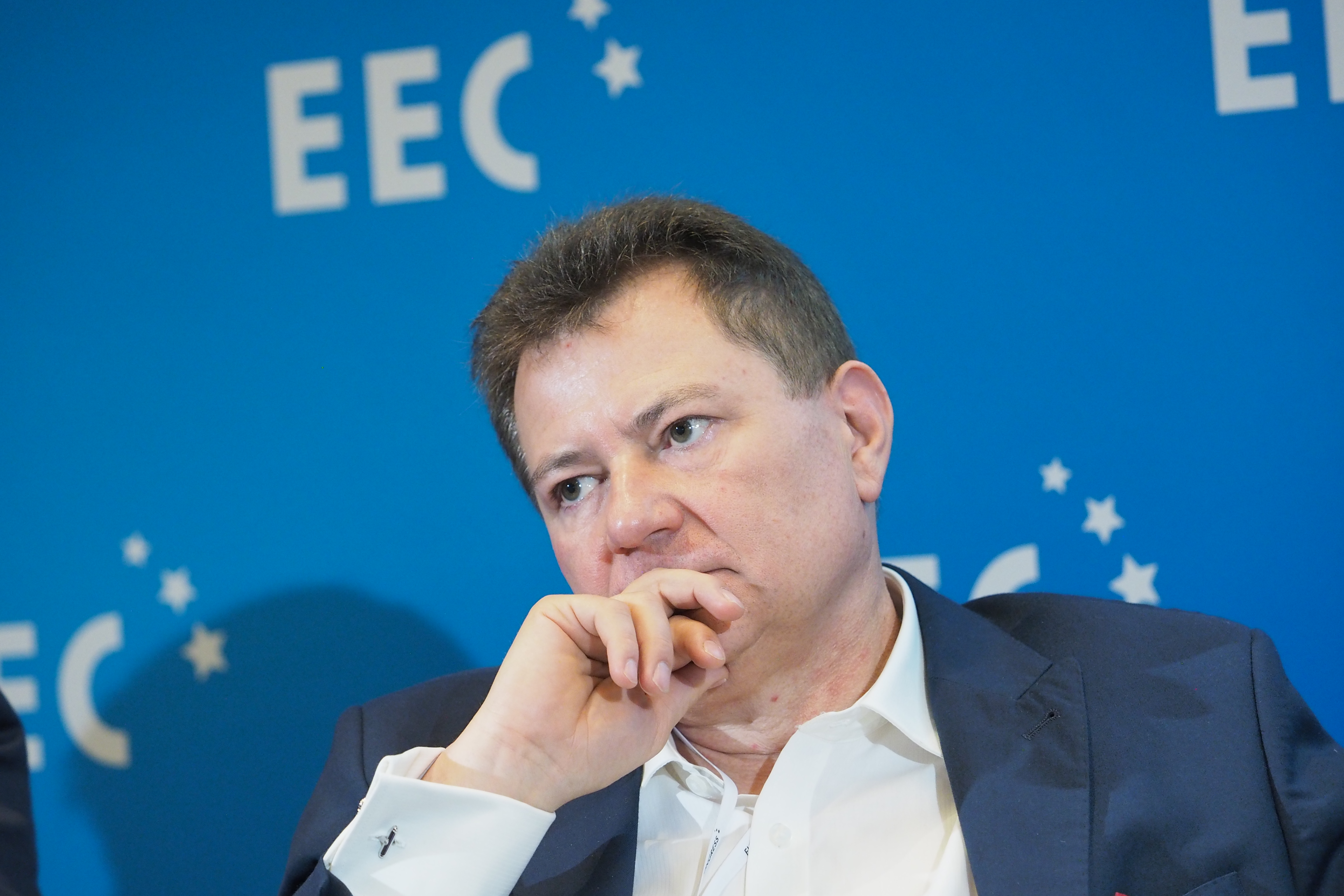
In his opinion, one of the key changes that must be introduced is the adoption of an amended act on collective water supply and collective sewage disposal . It introduces, among other things, a return to the approval of water and sewage tariffs by municipalities, as well as progressive tariffs, in which the price for water would depend on its consumption per resident. The project was to be initially adopted by the end of March, but this did not happen. During the consultations, dozens of comments were received, which - as Director Thorz said - are now being analyzed, "so that the new proposal is well thought out and refined."
As for these progressive tariffs, I don't know where all this fear comes from, because in no project was it the case that these were only progressive tariffs. There was always an alternative: either a fixed rate or a progressive rate
- he concluded.
In water management, approximately PLN 150 billion is needed for investmentsPaweł Sikorski , president of the Polish Waterworks Chamber of Commerce, commented on the planned change.
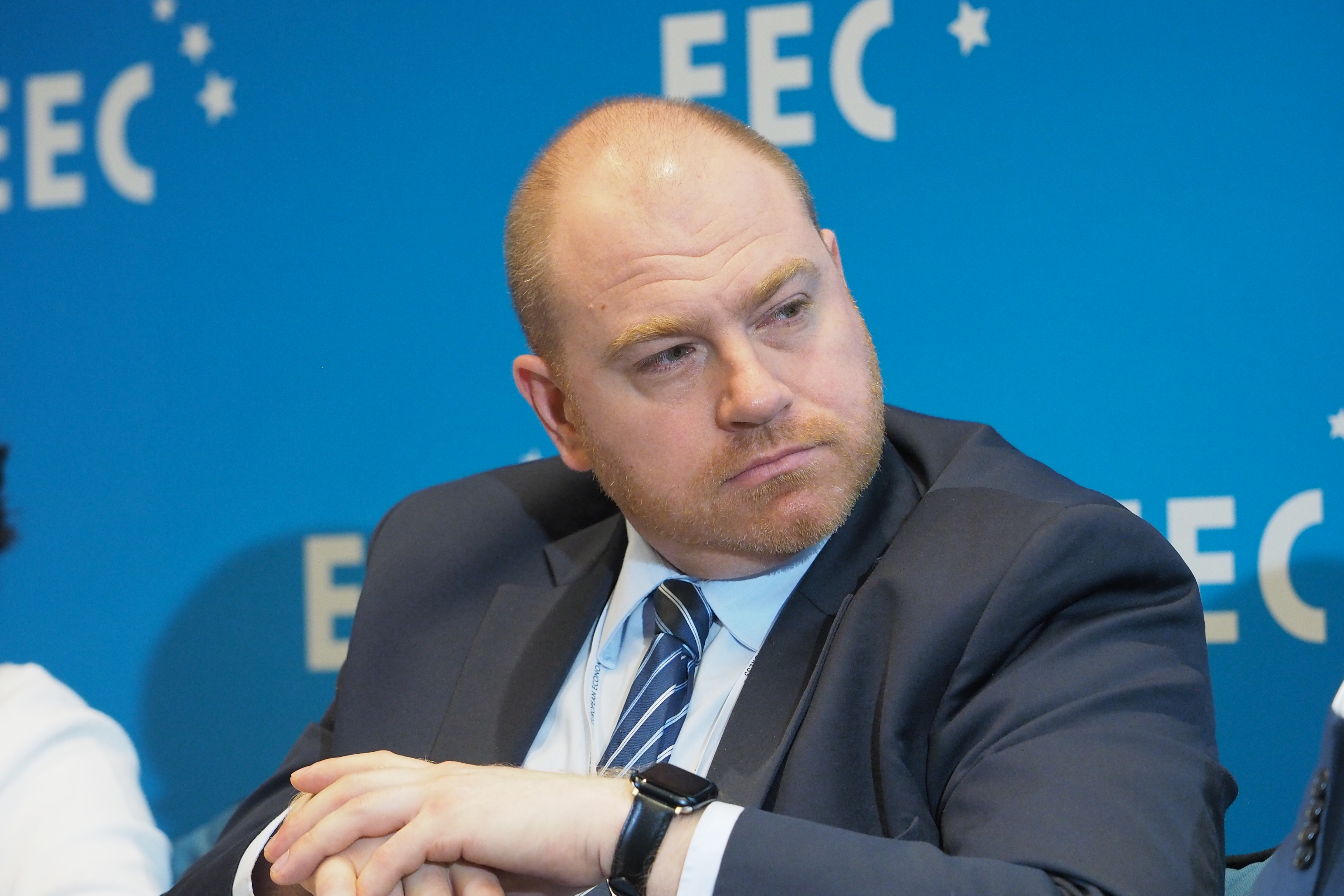
He recalled that in parallel to the work on the so-called supply act, work is underway on the implementation of the directive on the quality of water intended for human consumption. In 2021, the ministry estimated the cost of its implementation at PLN 43 billion, but it could be as much as PLN 50 billion or more. The cost of implementing the sewage directive is estimated at between PLN 50 and 100 billion.
- The implementation of these two directives for the industry is associated with a cost of approximately PLN 150 billion. In addition, there are the costs of providing our strategic sector, already attacked by hackers, with cybersecurity - he pointed out.
And the financial condition of the water and sewage industry after years of neglect, as Sikorski said, is still bad. That is why the chamber is afraid of the proposed provisions. In its opinion, they do not guarantee an improvement in the companies' situation.
Unfortunately, this barely alive organism will not survive the experiment in the version that is proposed.
- Sikorski pointed out.
He expressed hope that the dialogue with the Ministry of Infrastructure would bring about a change in the proposed provisions so that the approval of tariffs by municipalities would return to the pre-2018 form.
In his opinion, the biggest concerns, apart from progressive tariffs, are raised by the unclear (de facto strengthened) position in the Polish Waters system.
The mayor of Opole, Arkadiusz Wiśniewski, stated that in recent years "water management has been a testing ground".
Before the establishment of Wody Polskie, no one regulated water tariffs centrally. No one had to appoint lawyers, organize meetings, officials, and all this worked in such a natural way. When the city president, mayor or mayor, together with the company, raised the price of water too high, the residents protested, held referenda or simply voted for another candidate and there was peace and quiet.
- Wisniewski pointed out.
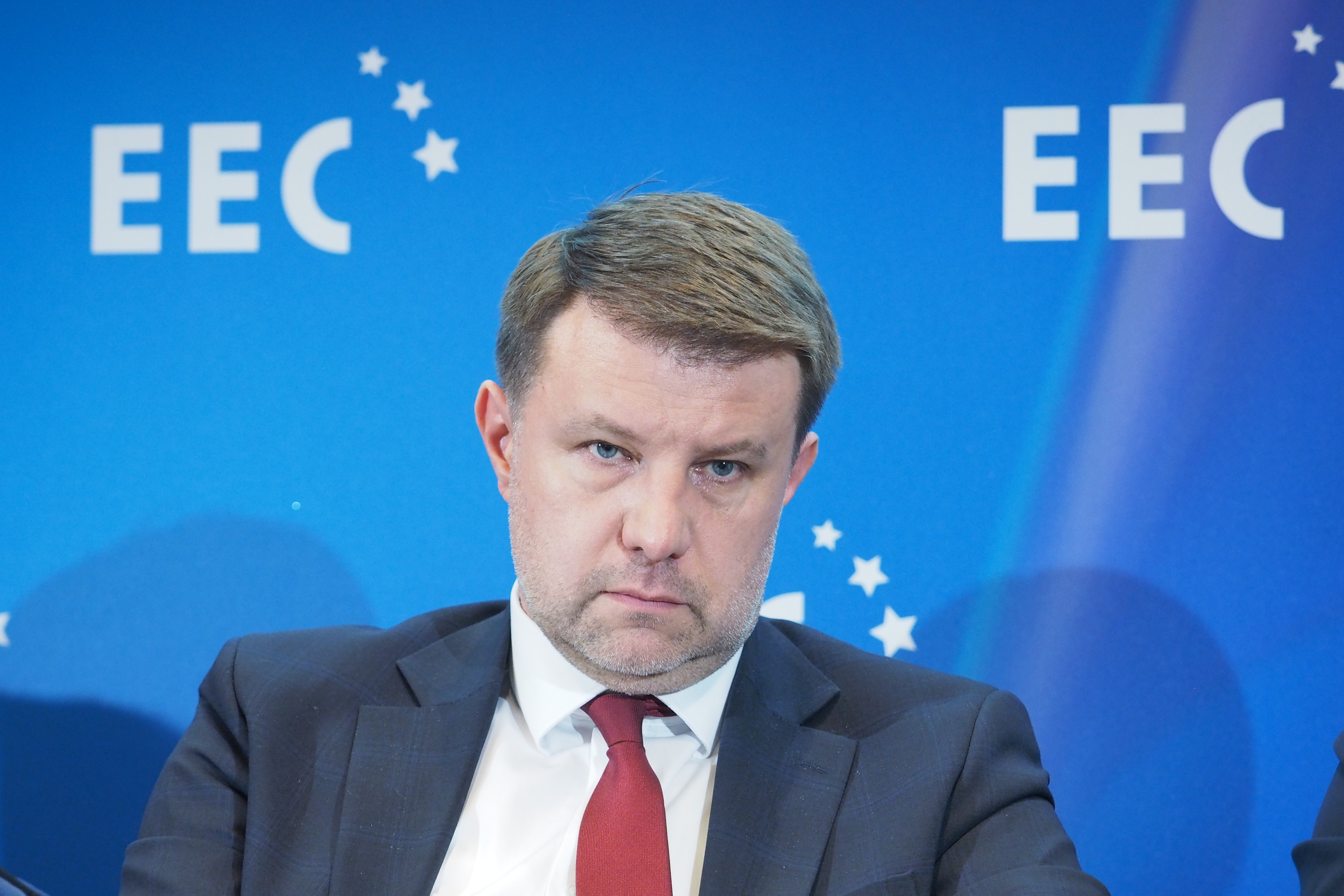
In his opinion, centralization is always a problem for municipalities, and the process of politicization (tariff setting - editor's note) led to a disastrous situation in the water and sewage sector , because companies were unable to earn money for current operations.
- I myself witnessed a certain MP from a sympathetic party saying that in Opole you can't agree to a price increase and that's it. She had family in Woda Polskie and they made sure that these prices weren't increased. Today we would like normality so that we could invest together with our companies that are facing high challenges - he argued.
Arkadiusz Wiśniewski also drew attention to the problem of collecting fees for rainwater and meltwater, which has not been resolved since 2018.
We are the victim of this as a city, because our resolution on rainwater was lost in court. We have several dozen million złoty to return to various entities and we will scratch our heads how to do it in accordance with the law. The company did its job and why should it return money for something it is implementing, which was in accordance with the law?
- asked the Mayor of Opole rhetorically.
He noted that the most important thing is to create a rational legal system "in which it is known that you have to pay for the service, but then you can actually demand the quality of this service".
- It cannot be a unilateral commitment in which, under the slogan of populism, someone says: you can't raise prices, and on the other hand demands super clean water, cheap water with special tariffs, and even the first meter for free - Wiśniewski emphasized.
How important is the quality of surface water for the water and sewage sector? Piotr Ziętara, president of the Krakow City Waterworks, said that each region has its own specifics.
- In Krakow, practically 100% of the water that we treat comes from surface sources. However, water from the Vistula cannot be treated. It is salty after discharge from the mine, at the level of the Baltic Sea. The readings on chloride concentrations range from 1,000 to 1,200 mg per liter, up to 5,000. The cost of treating a cubic meter of such water is PLN 60-70 net. No one can afford it - he explained.


